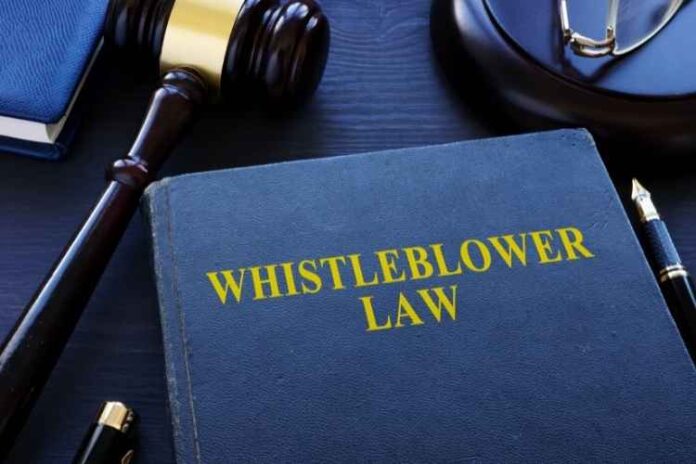While becoming a whistleblower can often feel scary and nerve-wracking, it is a choice you have to make for the greater good. If you have witnessed some untoward goings-on in your place of work then reporting them is the responsible thing to do, even if you are worried it will jeopardize you or your career. We’ve put together some ways to ensure that you are able to protect yourself when whistleblowing so you can stress-less, knowing that you’re serving the greater good.
Seek Legal Representation
Look for a lawyer who specializes in legal protection for whistleblowers in Indiana, if you’re based in the Mid-West area. It’s better to be armed with legal help, just in case anything happens to you or your position at work. Engage a lawyer before you make your complaint and they will be able to assist you with the correct way to report issues.
Follow Your Employers Whistleblowing Policy
Every business is legally required to have a whistleblowing policy in place for the protection of its employees. Ensure that you follow the book as you’re reporting wrongdoing to avoid any repercussions. Whilst it is illegal to retaliate for any whistleblowing, you will need to make sure that you’ve done everything correctly to cover yourself and give your company no reason to try and punish you.
Report To The Correct Authorities
If you work in a particular industry, you may be duty-bound to also report your findings to a governing body. This will be the case if you’re in the legal, financial or accounting field, and many others. In addition to reporting wrongdoing to your employers (and police if necessary), you need to check if you should be telling any other official bodies. Keep a record of the reports that you have raised and put your concerns in an email from your personal email account so that you have timestamped copies of your complaints that are not the intellectual property of your employer.
Submit Your Report And Then Take A Step Back
It is not your place or duty to investigate the wrongdoing that you are reporting. Hand over your concerns to managers as per your whistle-blowing policy and then remove yourself from the situation. It is not for you to be involved in and too much involvement may make it look as though you have an ulterior motive or something to gain personally from making your complaints.
Keep Silent In Public
Now you’ve spoken about any untoward happenings in your company it can be tempting to spread the word, or at the very least discuss the situation with friends or family to alleviate some weight on your shoulders. However, this could damage your whistleblowing protection and even hinder any company or police investigations. Keeping silent about what you have witnessed is the best way to move forward, and only discuss what you have seen and heard in the presence of your lawyer at an official investigation, tribunal, or court case.


